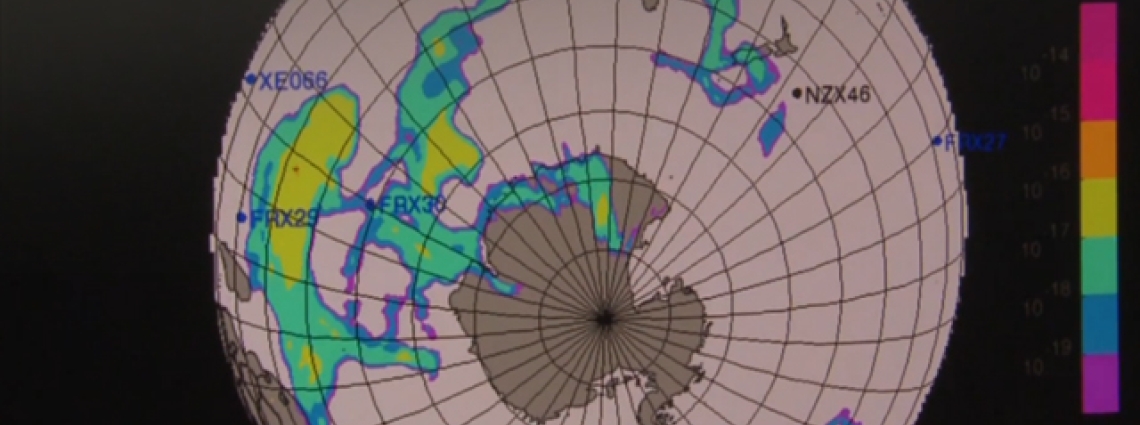ZERO TOLERANCE FOR XENON
The Preparatory Commission for the Comprehensive Nuclear-Test-Ban Treaty Organization (CTBTO) and the U.S. medical isotope producer NorthStar have signed a RadioXenon Emissions Pledge
. Through this document, NorthStar pledges to cooperate with the CTBTO by ensuring that emissions from its production facility interfere as little as possible with the CTBTO’s mandate of monitoring for nuclear explosions.
“I welcome the pledge of NorthStar Medical Radioisotopes. NorthStar is the sixth producer to cooperate with the CTBTO in our efforts to reduce the effects of radioactive releases on the detection of nuclear tests. The CTBTO will remain engaged with all medical isotope producers to mitigate xenon emissions for test-ban verification.”
The radioactive noble gas xenon is one of the typical fission products measured by stations with noble gas capabilities which are part of the CTBTO’s International Monitoring System (see interactive map). Traces of radioxenon were detected after two of the three nuclear tests announced by North Korea in 2006 and 2013. In both cases, these traces could be associated with the earlier seismic event caused by the blast from the explosion.
Radioxenon may, however, also be emitted in the process of producing medical isotopes. Emissions are being registered at many locations – at present, around 18,000 samples per year. While they do not pose any health risk, the readings from these emissions look similar to those of a nuclear explosion, and may mask signals from the latter. And the points of origin are potentially increasing: “Industrial emissions of radioxenon make test monitoring more challenging. While knowledge of these emissions helps mitigate their effect, better still is reducing the emission. We are encouraged that NorthStar’s non-fission process will have zero emissions,” Randy Bell, Director of the CTBTO’s International Data Centre, said.
Radioxenon may, however, also be emitted in the process of producing medical isotopes. Emissions are being registered at many locations – at present, around 18,000 samples per year. While they do not pose any health risk, the readings from these emissions look similar to those of a nuclear explosion, and may mask signals from the latter. And the points of origin are potentially increasing: “Industrial emissions of radioxenon make test monitoring more challenging. While knowledge of these emissions helps mitigate their effect, better still is reducing the emission. We are encouraged that NorthStar’s non-fission process will have zero emissions,” Randy Bell, Director of the CTBTO’s International Data Centre, said.
“The CTBTO’s work in minimizing radioxenon gas emissions is extremely important to the world community. We are pleased that our technology will help the world’s nuclear test-ban monitors to focus on detecting nuclear explosions. Signing this CTBTO pledge is consistent with our effort to minimize our waste footprint by virtue of our unique, non-uranium, non-fission processes which produce no real waste by-products of consequence.”
In a positive development, medical isotope producers around the world are showing increasing awareness and taking action to minimize the impact their production may have for the CTBTO. Six major medical isotope producers have now signed such pledges to date.
30 Jun 2014
